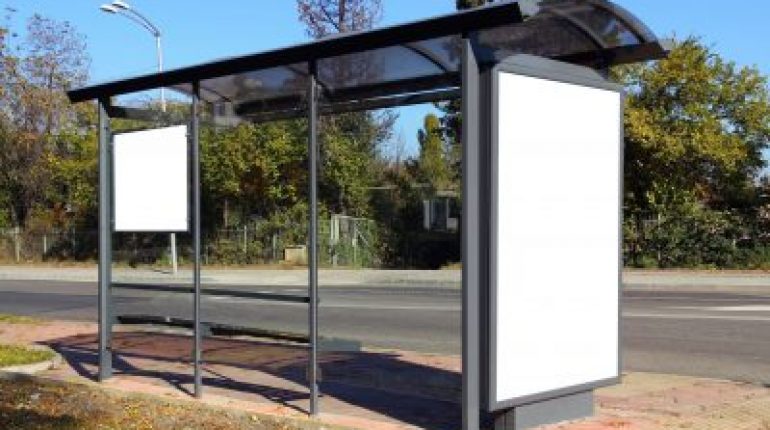A reverse osmosis filter system can be used to purify tap water, so people feel safer drinking it. This type of system also has industrial applications. Manufacturing plants that use water in production must decontaminate it before sending it out to a river or other waterway. By law, this wastewater requires treatment that removes dissolved solids and other contaminants.
Industrial Wastewater
A broad range of manufacturing plants generates industrial wastewater. Paper mills, power plants that run on coal or other fossil fuels, and steel producers are just a few examples. Factories that build automobiles, airplanes, and agricultural equipment also generate wastewater. The same is true for commercial producers of food and beverages. Chemical and pharmaceutical companies must have contaminants removed from wastewater before it is released. Many kinds of industrial wastewater can be effectively treated with a reverse osmosis filter system.
About Reverse Osmosis
Reverse osmosis uses a semi-permeable membrane to capture solvent molecules in water. Other treatment systems are available, but most cannot remove some of the smaller molecules, such as bacteria. Different kinds of membranes serve different purposes in manufacturing environments. Representatives from companies that provide the equipment can explain which devices are suitable for each industry.
Concluding Thoughts
Treating industrial wastewater is a crucial responsibility for manufacturers. They cannot legally or ethically dump this liquid into the nation’s waterways without decontaminating it or they will cause substantial amounts of pollution. They can get the project done with reverses osmosis equipment from business name which provides information at website url.


